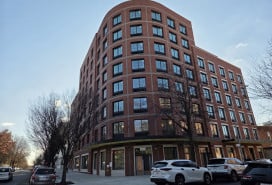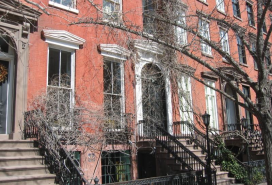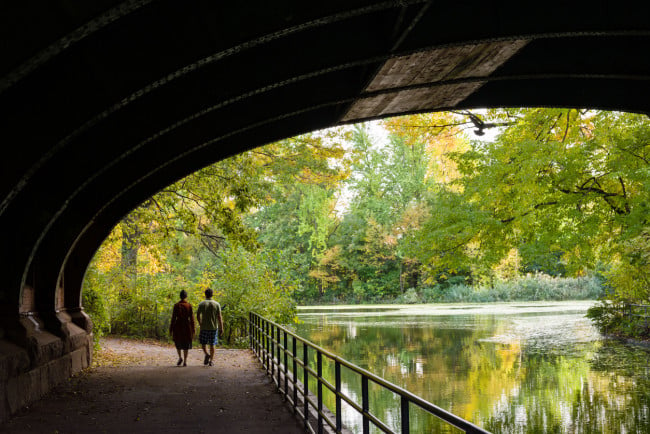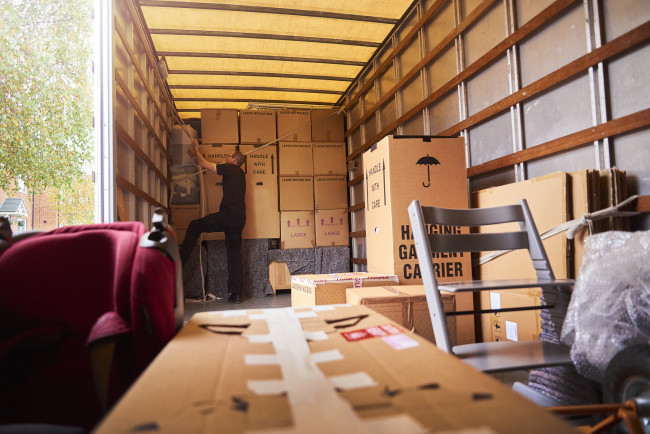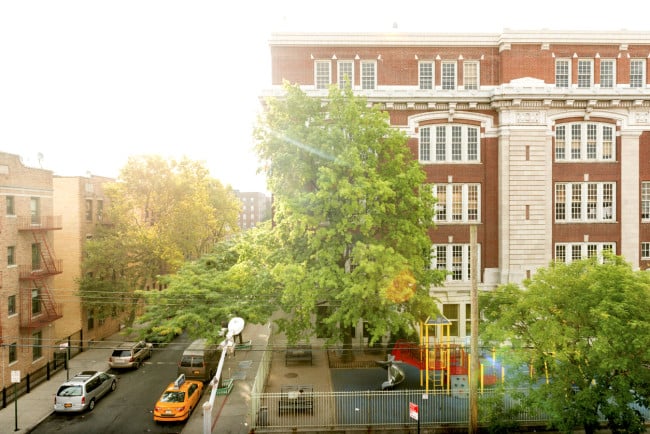What do we need to tell our co-op board about our learning pod?
Some friends and I are forming a learning pod for our children—five kids total. We all live in co-op buildings that imposed an array of restrictions on visitors during the height of the pandemic. How do we approach the board about permitting our pod if New York gets shut down again this fall?
Your best bet is to approach your board with a carefully thought-out plan in place, including protocols for social distancing and sanitizing, our experts say.
Amid the continuing uncertainty around NYC public schools reopening—which delayed in-person learning an additional 10 days, until September 21—some parents are opting for "learning pods," forgoing virtual or a mix of in-person and virtual learning to host small groups of children to learn at home with a parent or tutor.
This is uncharted territory for most families, and there's expert guidance on how to most safely host a learning pod. Your concern about a resurgence in coronavirus cases in New York is indeed one of the reasons parents are turning to this option—the city's reopening plan states that the entire school system could be shut down if there are uncontrolled outbreaks of Covid-19.
But what about co-ops and condos? In the early months of the crisis, many NYC buildings imposed tight restrictions on guests, and if they are reinstated, you could face major challenges in continuing with your learning pod.
"First, you should find out what the building protocols are for visitors and anyone coming to work in the building. The building resident manager or managing agent should have that information," says Deanna Kory, a broker with Corcoran. "Then, based on that, you are going to need to establish and then approach the building with a plan about the pod."
It will help to think of your pod as an institution that's reopening to the public, she advises, taking into consideration all the steps necessary to protect the students in your pod, as well as your neighbors and building staff.
"You need to set the plan and establish strict protocols," Kory says. "It will likely be helpful to show that you intend to be stricter than CDC guidelines for social distancing, mask-wearing, sanitizing, supervision, and possibly even testing."
Approach the board with your plan once it's fully developed, but be prepared for them to come back with additional protocols you must follow in order to host the learning pod.
"Some buildings, no matter what you do, will not be receptive, so be prepared for such possibilities," Kory says.
If your plan is approved, as the host of the pod you should speak to your apartment insurance provider to see if you need to update your policy.
"There could be liability if something happens. A trip or fall may or may not be covered under the apartment policy," says Jeffrey Schneider of Gotham Brokerage (a Brick sponsor). "It depends to some extent on whether money is changing hands or if this is purely voluntary."
On a darker note, claims of abuse or discrimination in the learning pod would likely not be covered without taking out a special policy.
"A lawyer should be consulted to draw up a hold harmless agreement, at a minimum," Schneider says.
Trouble at home? Get your NYC apartment-dweller questions answered by an expert. Send your questions to [email protected].
For more Ask an Expert questions and answers, click here.
You Might Also Like




